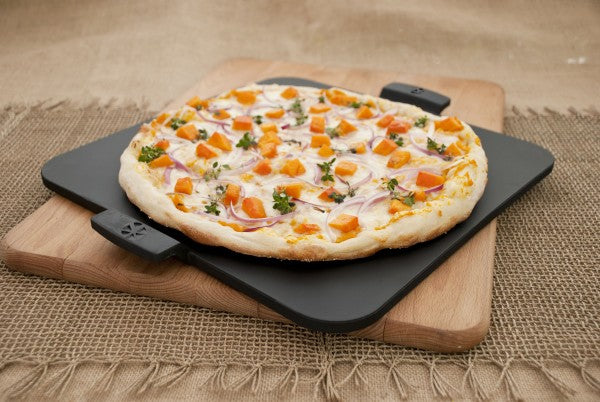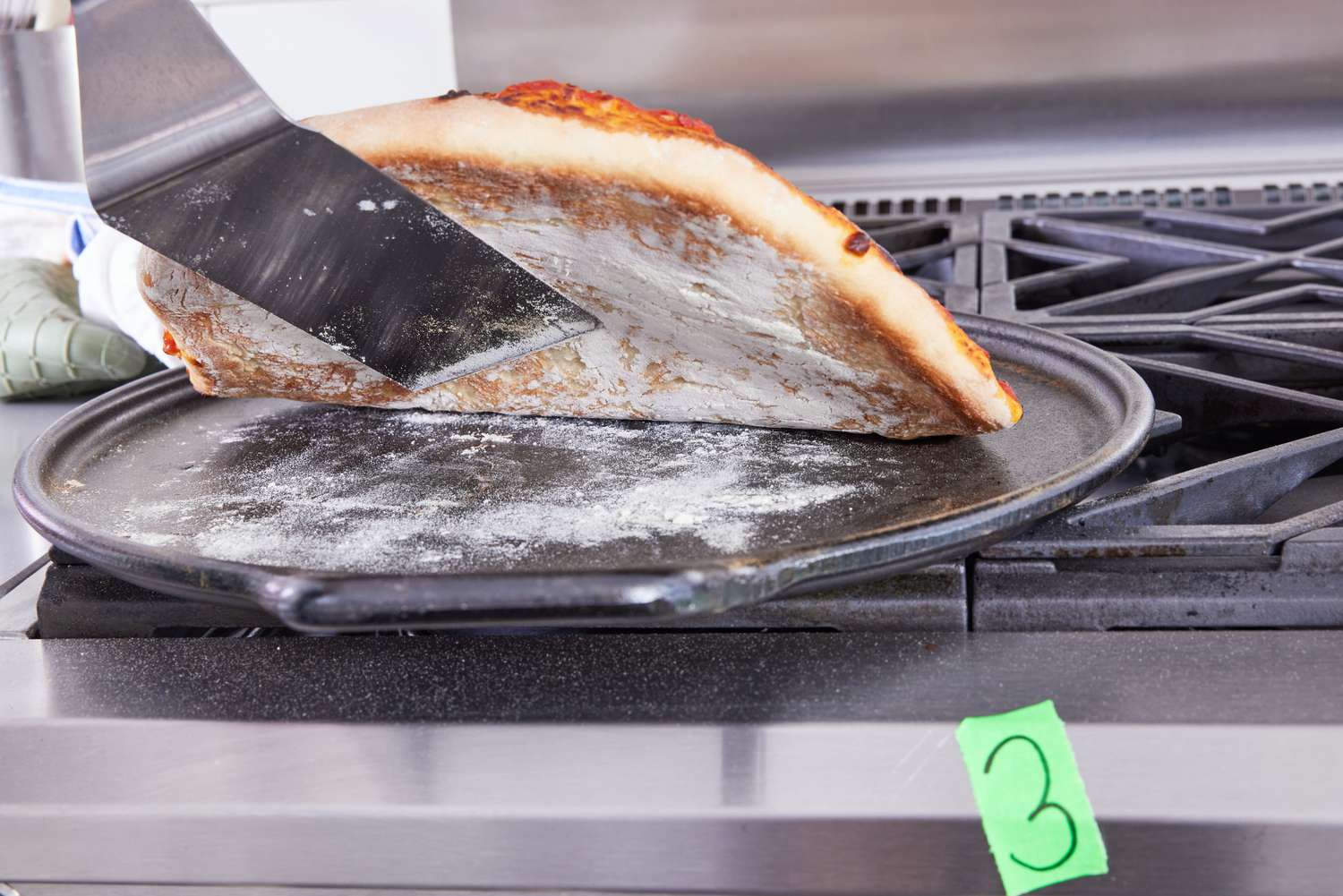For anyone passionate about baking, grasping what a baking stone is and how to use it effectively can significantly enhance your baking journey. But what exactly is a baking stone? Often referred to as a pizza stone, it's a thick, flat slab made from natural materials like stone, ceramic, or cordierite, designed to provide consistent and uniform heat to pizzas, bread, and a wide array of other baked treats.
With a baking stone, culinary enthusiasts can achieve that perfect crispy crust and a well-cooked interior, a feat that often challenges even seasoned bakers. In this thorough overview, we'll explore the various aspects of baking stones for professionals, delving into their materials, advantages, types, and countless applications within the culinary world.

The Basics of Baking Stones
At its core, a baking stone functions as a heat-retaining tool that absorbs and disperses oven heat evenly. Typically made from ceramic, cordierite, or a blend of minerals, it mimics the qualities of a traditional brick oven. The true enchantment of the baking stone lies in its capacity to create a stable and uniform cooking environment, an essential element for baking items like pizzas and breads.
Many chefs value these stones not only for enhancing pizza crust texture but also for their versatility in roasting vegetables, baking artisanal loaves, and whipping up cookies! Discover more about the diverse uses of these stones.
Types of Baking Stones
Baking stones are available in a variety of materials tailored to meet different baking needs:
- Ceramic: A budget-friendly choice, these stones excel at maintaining high temperatures but can be prone to cracking if not preheated correctly.
- Cordierite: Renowned for its robustness, it resists thermal cracking, making it an ideal option for professional kitchens.
- Cast Iron: Another durable choice known for its even heat distribution, particularly suitable for stovetop baking.
- Steel: A modern alternative, baking steels provide excellent results, especially in home settings due to their heat conductivity.
Utilizing a Baking Stone in Professional Kitchens
Using a baking stone correctly can remarkably elevate the quality of your baked goods. Always be sure to preheat the stone to optimal temperatures before placing your dough on it; neglecting this step might result in uneven cooking and unsatisfactory textures.
Maximize Your Baking Experience
Proper maintenance of your baking stone is essential to ensure its longevity. Avoid using soaps and detergents; a simple scraping off of any residual baked goods will suffice. For more detailed insights, check out cleaning tips for your stone.
Advantages of Using a Baking Stone
Incorporating a baking stone into your kitchen routine presents several benefits:
- Crispier Crust: The stone absorbs moisture from the dough, resulting in a crust thats crispier than what metal pans can achieve.
- Even Cooking: Its heat retention characteristic ensures uniform cooking, minimizing the risk of burnt areas.
- Versatility: Beyond pizzas, professionals can use it to bake crispy cookies and roast vegetables with fantastic results.
The Professional's Edge
Bakeries employing baking stones in their operations often notice heightened customer satisfaction due to the consistent quality of their products. Furthermore, these stones impart an artisanal finish unmatched by standard cooking surfaces.
Looking to expand your skills? Check out this comprehensive guide.

FAQs About Baking Stones
What materials are best for baking stones?
Cordierite is considered ideal for its durability and performance, especially in professional environments.
How should I clean and maintain a baking stone?
Avoid soaps; scraping off food debris and using warm water for cleaning is recommended.
Are there limits to what I can bake on a stone?
Not at all! From pizzas and breads to crispy flatbreads, the possibilities are vast, making baking stones indispensable in any culinary space.
This article contains affiliate links. We may earn a commission at no extra cost to you.





Leave a comment
This site is protected by hCaptcha and the hCaptcha Privacy Policy and Terms of Service apply.